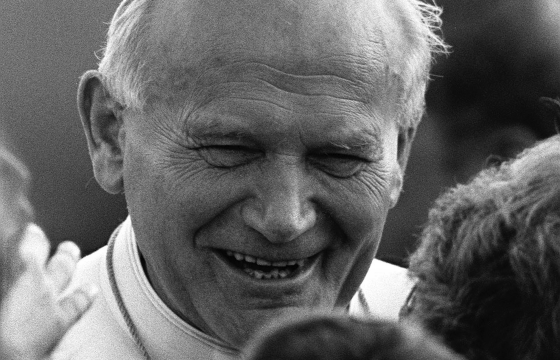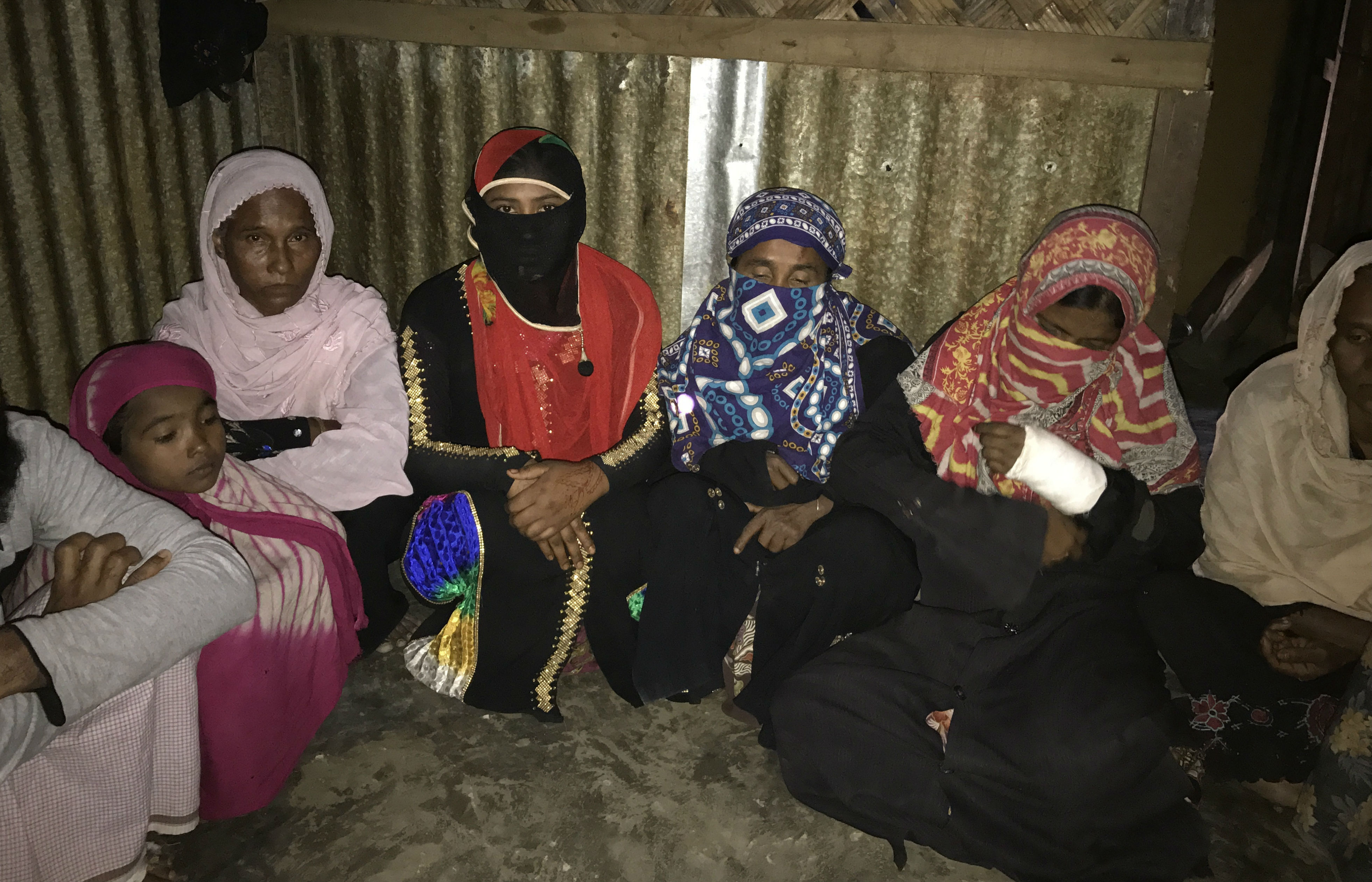The Catholic Church in Myanmar has expressed its approval of the United Nation’s (UN) decision to establish an official inquiry and to send a fact-finding mission to Myanmar to investigate alleged abuses by security forces against Rohingya Muslims, Fides News has reported.
Around 77,000 people are reported to have fled Myanmar's Rakhine state since the military began a security operation last October in response to what it says was an attack by Rohingya armed men on border posts, in which nine police officers were killed.
In February, a UN report gave account of mass killings and gang rapes by troops in north-western Myanmar in recent months, which it said probably constituted crimes against humanity.
The independent UN mission should be dispatched "urgently" to establish the facts of the alleged atrocities, the UN Human Rights Council decided in Geneva on 24 March, in a resolution adopted by consensus.
In a statement sent today (30 March) to Fides news, Non Governmental Organisation, Christian Solidarity Worldwide, observed:
"The UN Council for Human Rights resolution sends an important message to the people of Burma: The international community is committed to addressing the heartbreaking situation in the country, particularly in Rakhine state.”
The statement urged the government of Myanmar to “fully cooperate with the mission” requesting that they provide full and unrestricted access to UN delegates, particularly in Rakhine state and in Kachin and Shan states.
The government of Myanmar has publicly dissociated itself from the UN resolution. The country’s army chief, General Min Aung Hlaing, called Rohingya Muslims illegal immigrants and defended the recent crack down on the minority group, at a press conference on 29 March.
“Hatred against others of different races and religions has intensified to a very alarming level,” Cardinal Charles Bo, Archbishop of Yangon and president of the Myanmar Catholic Bishops Conference, said in a statement last month.
He described the February UN report as “heart breaking and very profoundly disturbing”, adding:
“Myanmar needs the world’s attention to strengthen its fragile journey of democracy.”
Independent verification of what has been happening in Myanmar is extremely difficult because the military has cut off access to north west Rakhine, but evidence of atrocities is mounting.
The UN’s February report describes the army’s offensive in northern Rakhine as a “calculated policy of terror” and details deaths in random attacks, including firing from helicopters and using grenades; targeted killings of imams and teachers, slitting of throats with knives and locking people inside burning houses.
“Boys and men between the age of 17 and 45 were particularly targeted, as they are considered to be strong and seen as a potential threat to the army and authorities,” the report said, adding that many accounts describe men of that age being rounded up and taken away with their hands tied behind their backs or heads.
About 1.1 million Rohingya Muslims live in apartheid-like conditions in the north west of the country, where they are denied citizenship. Many in Buddhist-majority Myanmar regard them as illegal immigrants from Bangladesh.
PICTURE: These women, sheltered in a house of Kutupalang Rohingya camp in Bangladesh, narrated horrifying atrocities they faced in Myanmar during the so-called counterinsurgency sweeps in Rakhine state in October and November. One of them was allegedly gang-raped by army, one was beaten up (bandaged) and the others witnessed their families being killed and homes torched.




 Loading ...
Loading ...